General Blog Posts
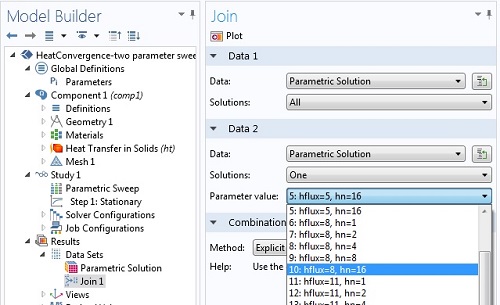
Solution Joining for Parametric, Eigenfrequency, and Time-Dependent Problems
In a follow-up to a previous blog post, we demonstrate how to use the Join feature in the context of 4 types of problems: parametric, eigenfrequency, frequency domain, and time dependent.

New Book on Topology Optimization for Electromagnetics
Whether you’re a student or an industry engineer, read Multiphysics Simulation: Electromechanical System Applications and Optimization, a reference guide on simulation and topology optimization.
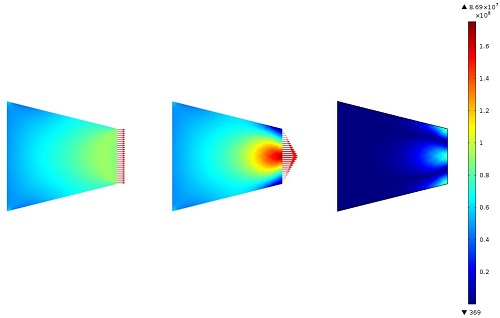
How to Join Solutions in COMSOL Multiphysics
In certain modeling scenarios, you will need access to more than one dataset. Read this blog post to see how to do so in COMSOL Multiphysics® by joining solutions.

Getting the Most out of Client-Server Mode
Learn how to use Client-Server mode when modeling in COMSOL Multiphysics® on a Floating Network License — and see why it is beneficial for you to do so.
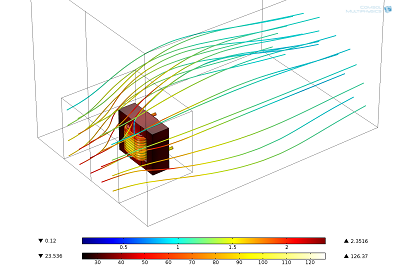
Modeling Convective Cooling of Electrical Devices
We developed a model that includes all of the important details of thermal management in a high-power electrical device. To do so, we needed to use high performance computing with hybrid modeling.
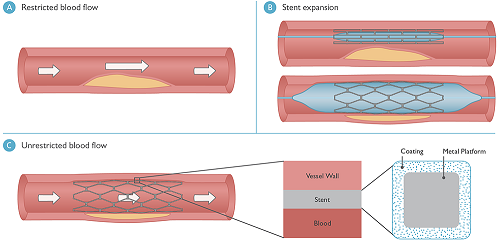
Understanding Drug-Eluting Stents at Boston Scientific
Stents open plaque-blocked arteries, but when an excessive amount of tissue grows over a bare metal arterial stent, it can cause the artery to narrow again in a process called restenosis.
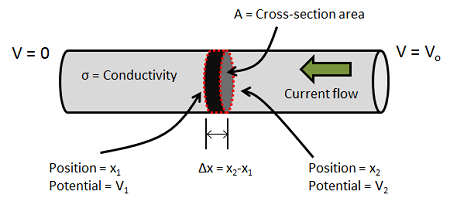
Computing Total Normal Flux on a Planar Surface
1 way to bridge the gap between simulation and experiment? Compute the total normal flux through a cross-sectional plane passing through your simulation geometry. Here’s how >>

Understanding Stabilization Methods
When modeling transport applications driven by convection, you need a stabilization method — whether you’re working with finite elements, finite volumes, or finite differences.
